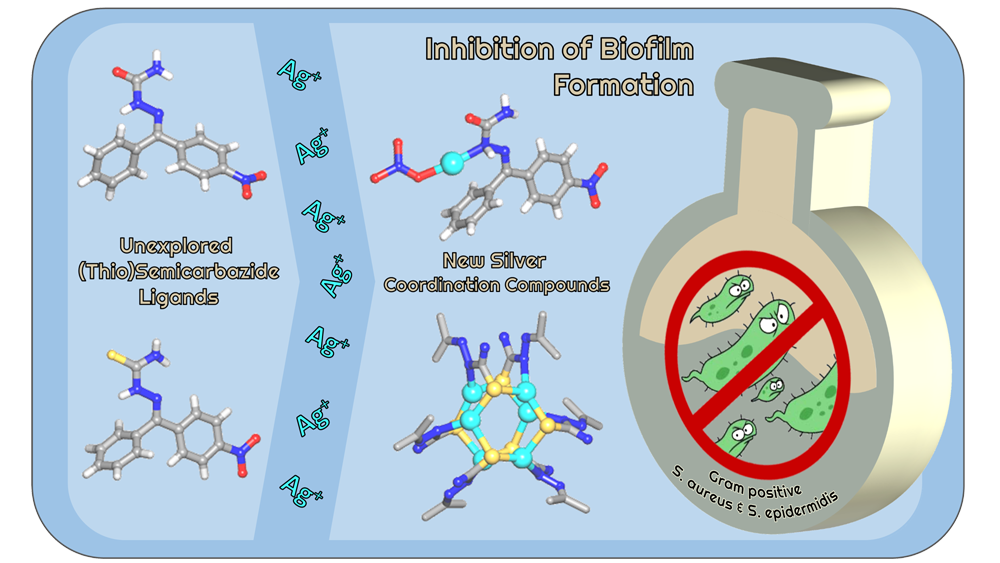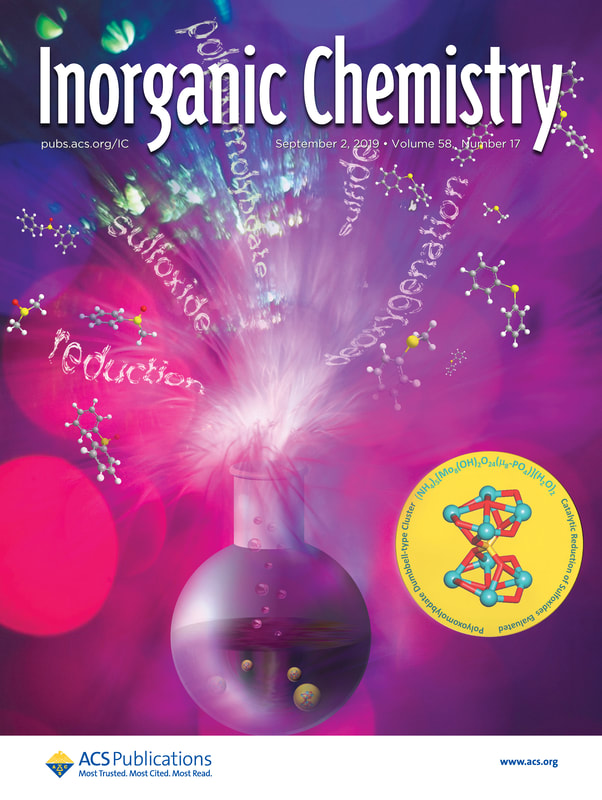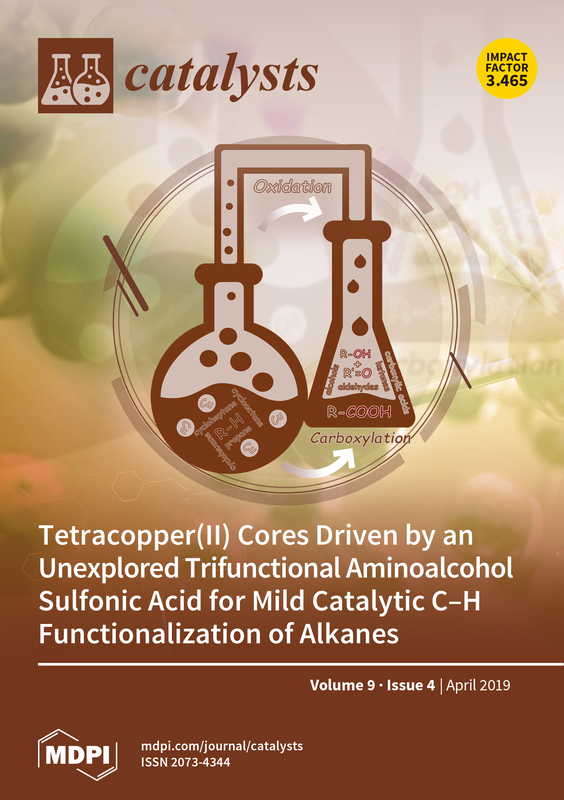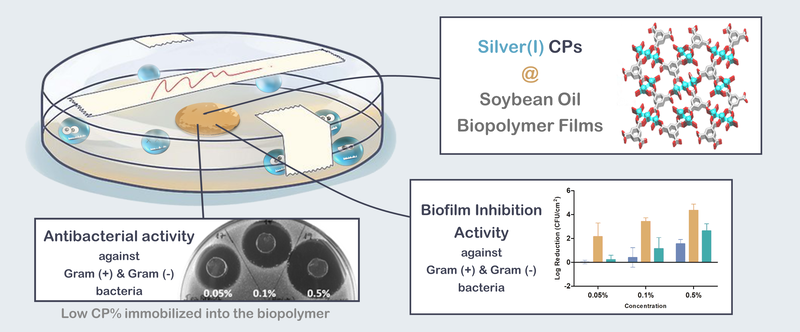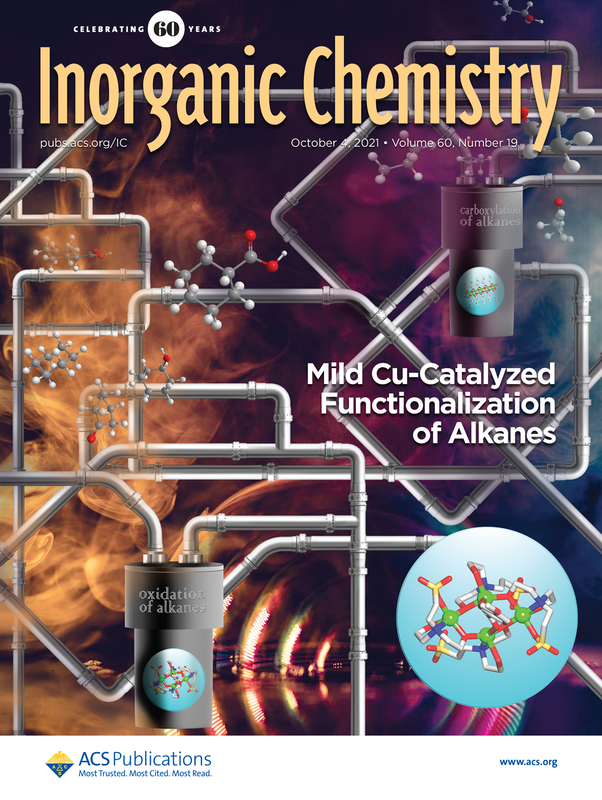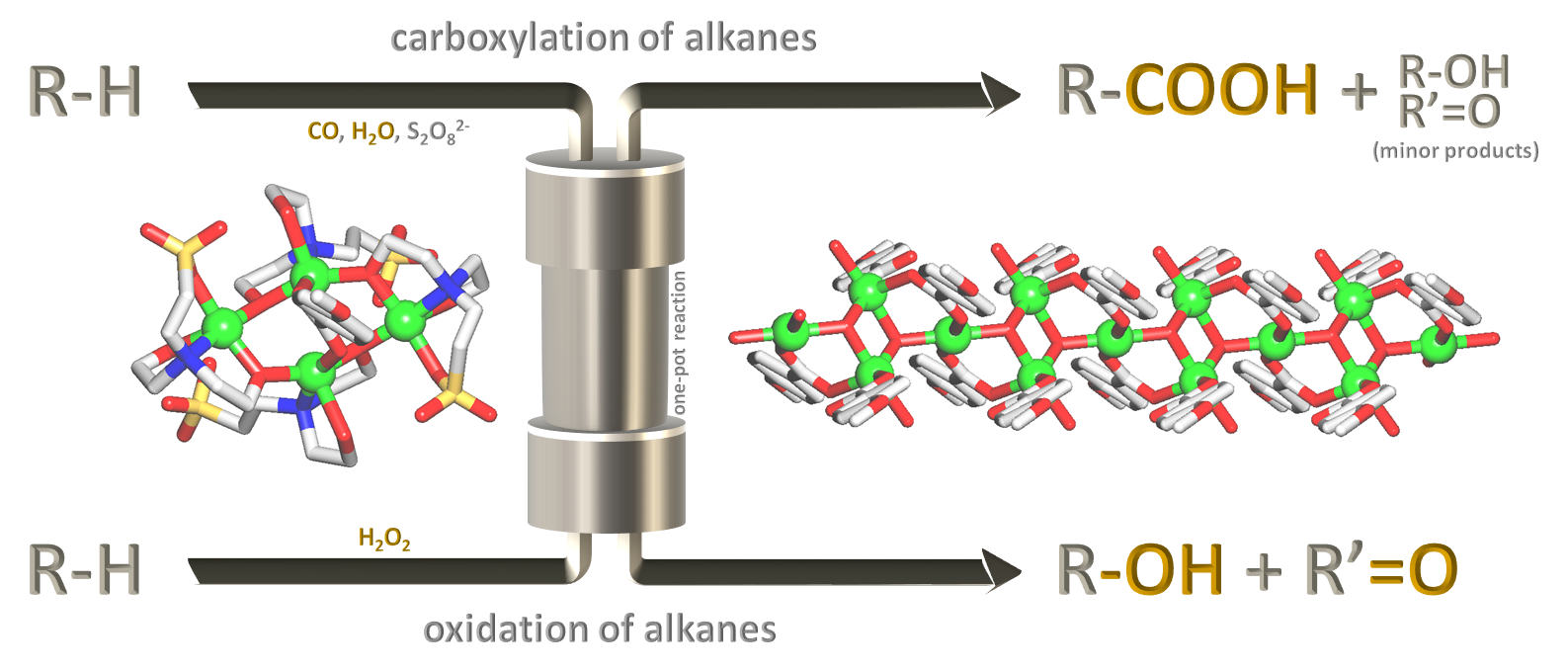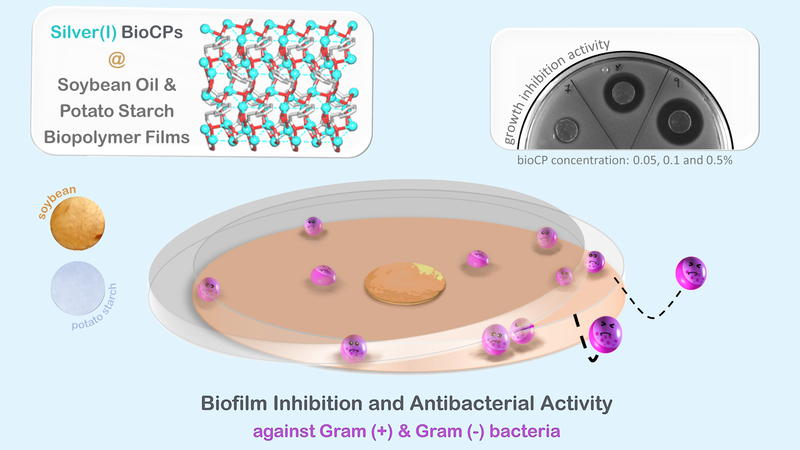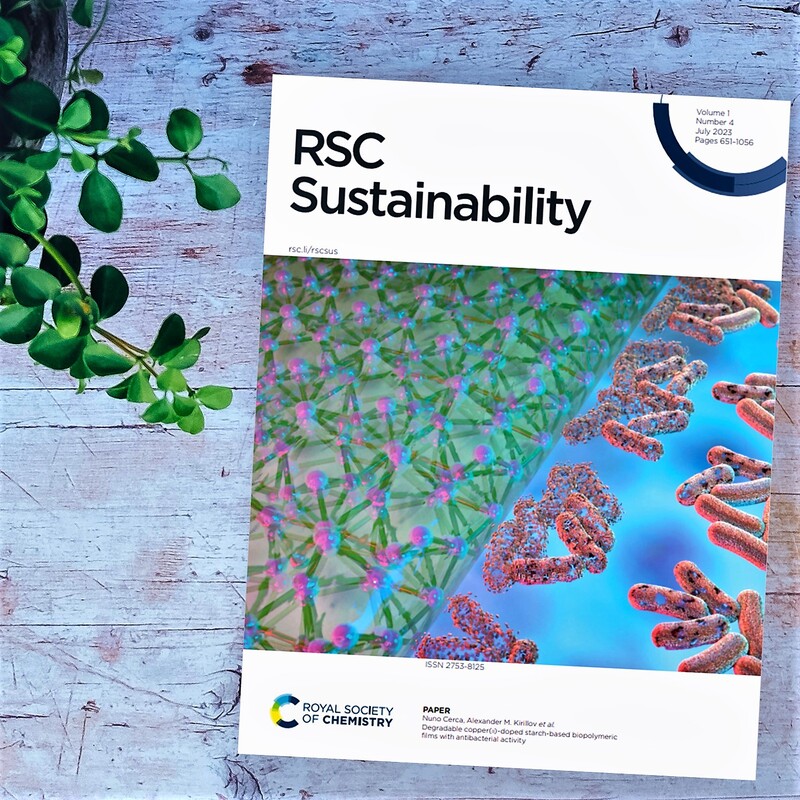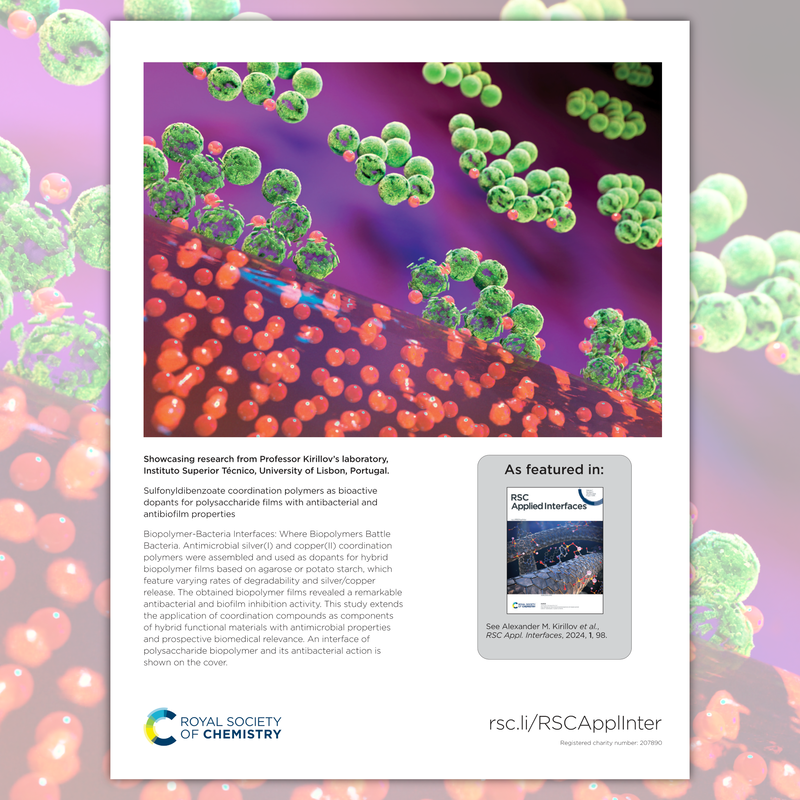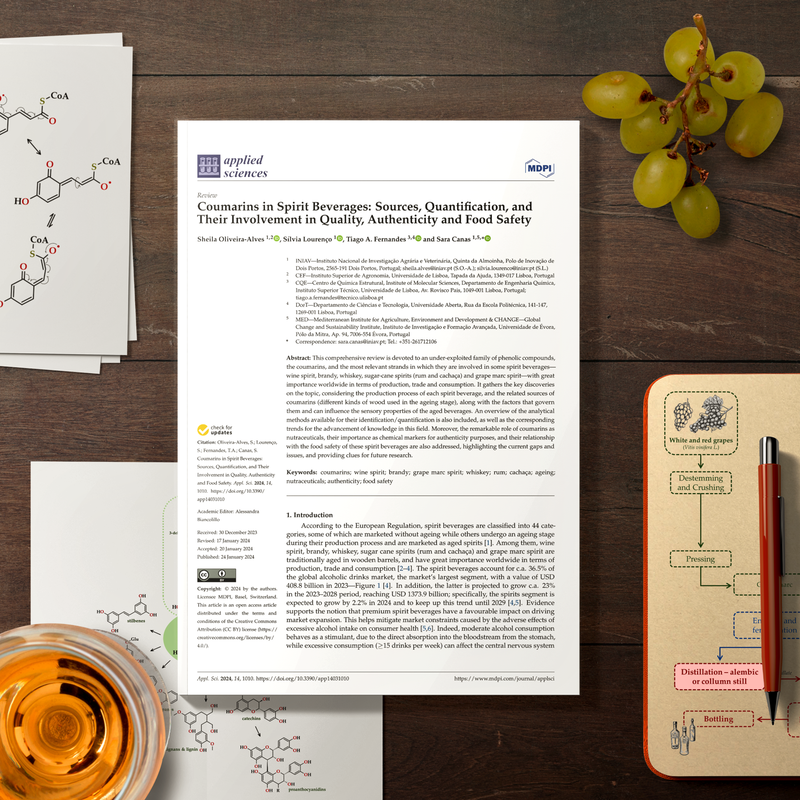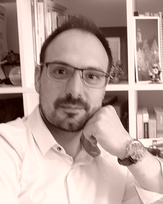
Tiago A. Fernandes is currently a Contracted Researcher (CEEC) at Centro de Química Estrutural (CQE), Instituto Superior Técnico (IST), ULisboa. CEEC is a 6 year contract earned through the FCT competitive call for the Stimulus of Scientific Employment. T.A. Fernandes earned his PhD in Coordination Chemistry at Instituto Superior Técnico in 2013 (supervised by Prof. M. Fernanda Carvalho), after completing MSc (2008) and BSc (2006) studies at Faculdade de Ciências of Universidade de Lisboa (FCUL). After completing the PhD, Tiago was an Assistant Professor at Charles University (Prague, Czech Republic), followed by several postdoctoral positions (2014-2019) at Centro de Química Estrutural (CQE/IST) and Centro de Química e Bioquímica (FCUL), working with Profs. Alexander Kirillov, Ana Cristina Fernandes, and Maria José Calhorda. Since 2016, he has been associated to Universidade Aberta (UAb) as an e-learning Tutor and an Invited Auxiliar Professor at Departamento de Ciências e Tecnologia (DCeT/UAb), lecturing courses related to Chemistry and Environmental Sciences. He is a co-author of over 55 scientific publications, including 41 research articles in international journals, several conference proceedings and 2 book chapters. Tiago A. Fernandes has cooperated with various Portuguese and international institutions and participated as a co-investigator in 10 projects. All of these R&D projects were approved during the past five years, bringing approximately 1300k€ to different research centers. He has reviewed for a variety of chemistry journals and now participates as a Topic Editor for Materials (MDPI) and Reactions (MDPI).
In the last 5 years, T.A. Fernandes was also involved in teaching theoretical classes such as: Fundamental Chemistry Concepts, Chemistry and the Environment, Fundamental Chemistry, Chemistry and the Environment, Food Chemistry and Biochemistry, Food Preservation Technology and Food Product Packaging, Workplace Safety and Hygiene, Environmental Technologies, Structural and Analytical Methods, and Security and Good Practices. TAF works in the areas of coordination chemistry, inorganic chemistry, synthetic organic, coordination polymers, metal-organic frameworks and analytical chemistry.
T.A. Fernandes's research interests includes:
(1) Synthesis and characterization of single or multinuclear metal complexes, coordination polymers and metal-organic frameworks using aqueous medium self-assembly protocols and Schlenk techniques;
(2) Design of new multifunctional bioactive metal-organic frameworks (bioMOFs) or materials for antimicrobial applications;
(3) Development of new reduction/oxidation methods for organic compounds such as alkanes, cycloalkanes, ketones, alcohols, polyols, sulphoxides, epoxides, nitro compounds, etc. catalyzed by transition metals materials. Use of transition metals as carbonyl or nitro group reduction catalysts, especially to convert polyfunctional natural products into useful building blocks and bioactive molecules.
(4) Development, improvement and tuning of methodologies for degradation of Pharmaceuticals and Personal Care Products that ensures a clean and healthy environment.
In the last 5 years, T.A. Fernandes was also involved in teaching theoretical classes such as: Fundamental Chemistry Concepts, Chemistry and the Environment, Fundamental Chemistry, Chemistry and the Environment, Food Chemistry and Biochemistry, Food Preservation Technology and Food Product Packaging, Workplace Safety and Hygiene, Environmental Technologies, Structural and Analytical Methods, and Security and Good Practices. TAF works in the areas of coordination chemistry, inorganic chemistry, synthetic organic, coordination polymers, metal-organic frameworks and analytical chemistry.
T.A. Fernandes's research interests includes:
(1) Synthesis and characterization of single or multinuclear metal complexes, coordination polymers and metal-organic frameworks using aqueous medium self-assembly protocols and Schlenk techniques;
(2) Design of new multifunctional bioactive metal-organic frameworks (bioMOFs) or materials for antimicrobial applications;
(3) Development of new reduction/oxidation methods for organic compounds such as alkanes, cycloalkanes, ketones, alcohols, polyols, sulphoxides, epoxides, nitro compounds, etc. catalyzed by transition metals materials. Use of transition metals as carbonyl or nitro group reduction catalysts, especially to convert polyfunctional natural products into useful building blocks and bioactive molecules.
(4) Development, improvement and tuning of methodologies for degradation of Pharmaceuticals and Personal Care Products that ensures a clean and healthy environment.
Journal Covers and Scientific illustrations:
Tiago A. Fernanes has developed specific laboratory skills such as: Use of air-free techniques with nitrogen and vacuum glass lines for the handling of air-sensitive compounds (Schlenk and Glove-box). Analytical techniques skills: IR spectroscopy, multinuclear NMR spectroscopy, solution state NMR, ESI-MS and TGA; use of separation techniques of Gas chromatography (GC), High-performance liquid chromatography (HPLC), coupled to electrospray ionization tandem mass spectrometry (ESI-MS/MS) and liquid chromatography-electrospray ionization tandem high-resolution mass spectrometry (LC-ESI-HRMS/MS). Study of redox properties by cyclic voltammetry (CV) and controlled potential electrolysis (CPE). Interpretation of XPS, solid state NMR and nitrogen adsorption isotherms data.
